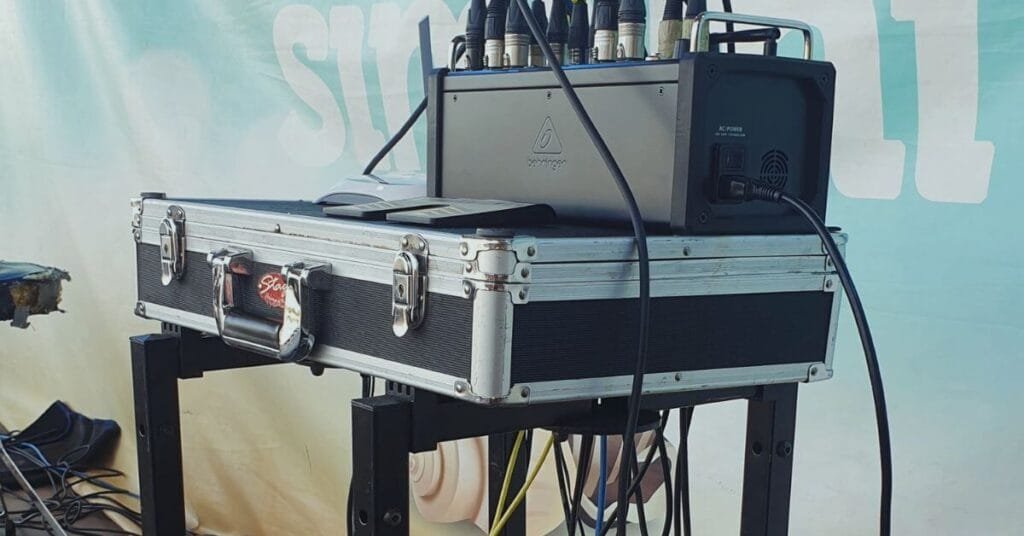Musicians’ Health: How to Maintain It
Introduction
How cool it is to play gigs, being a musician. Especially for the crowd in the audience. In their eyes, musicians are people living a glamorous lifestyle having the time of their lives, and probably making some money too.
Don’t get me wrong, all of that very often can be true, but there are many challenges musicians have to deal with, and health is a crucial one.
Musicians are de facto actors (some better than others) who btw play an instrument or sing at the same time. Nobody wants to see an exhausted person on stage, yawning, barely playing their instrument. Keep in mind that many musicians have to set up and tear down their equipment by themselves.
Musicians need to take care of their physical and mental health, which can suffer in ways non-musicians aren’t aware of.
In this article, we will explore which health issues are the most common among musicians and how to deal with them. After reading this article you will be much better prepared to deal with any health issue that may try to surprise you. May the health musician’s force be with you!
What are the health issues of musicians?
1. Vocal health
Singers are the ones that people in the audience notice first on stage. And singers know that. When a vocalist has a minor issue with their voice, just the fact that everyone is expecting a top performance can trigger additional pressure that can lead to forcing the voice more than is necessary, resulting in additional damage to the voice. This is an example where physical and mental are working together.
The human voice is nature’s finest instrument, but like any other tool has to be properly maintained. Here are some tips that can help keep your voice strong and clean:
Tips for vocal health
- Avoid using extremes in your vocal range. We all know that screaming leads to a strained voice. However, many are not aware that whispering can have the same effect. Pain is a sign that you should stop singing. It means that your voice is tired and it needs some rest. Don’t talk too much before shows.
- Hydrate regularly. Water, at room temperature, is the best drink for your voice, as well as some herbal tea or lemon. Alcohol and caffeine, on the other hand, dehydrate your body, which makes it harder for your vocal cords to recover from extensive use. Keep in mind that singing is much more exhausting than just playing a guitar. That means losing more hydration than other instrumentalists, and the need to drink a bit more than you think is enough. I myself play the guitar and sing lead vocals in my band, and I can tell you, this is more than true.
- Avoid eating too much before the gig. Too much food can make it harder to take deep breaths.
- Warm up and cool down your voice. There are simple exercises for this.
- Don’t clear your throat. This can cause irritation and inflammation, resulting in an airy sound of your voice.
- Get enough sleep. If you don’t get enough sleep, you will not sing well because if your body is tired, so is your voice.
- Breathe through your nose.
- Don’t sing from your throat, sing from your chest. Breath is what gives power to your voice; the vocal cords are just for tuning. Think of it like this: strumming guitar strings is what gives power to the guitar; the strings produce the notes. The energy the strumming provides is your breath, and the strings are your vocal cords.
- Take vocal naps. If your voice is tired from last night’s gig, try not to talk too much the day after. After an extensive tour, you might consider resting your voice for a few days.
2. Repetitive Strain Injuries:
This is one of the most common types of injuries among musicians. When musicians practice their instruments, there is a lot of repetitive motion going on. This can lead to pain felt in muscles and tendons that are specific to the instrument that is played. Common areas that are affected are wrists, elbows, forearms, back, and neck.
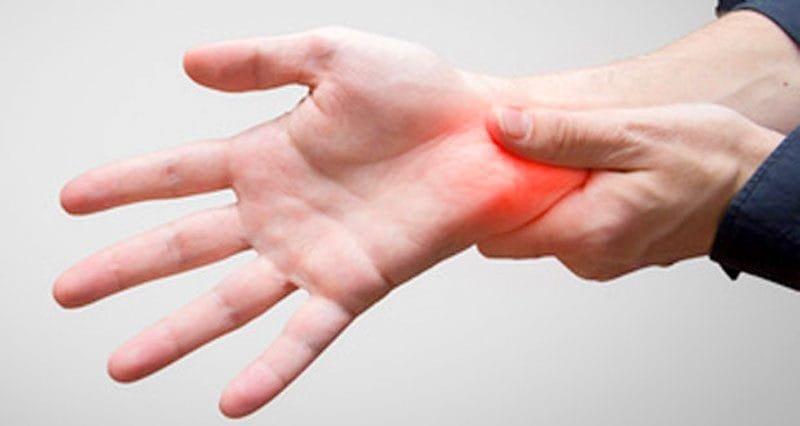
These injuries can be avoided by using proper playing techniques, incorporating exercises for muscles and tendons, taking regular breaks, and maintaining proper posture while playing your instrument.
3. Hearing Health
Musicians are normally exposed to loud music while playing gigs or during rehearsals. This can be a great risk for their hearing. Musicians are four times more likely to develop tinnitus and hearing loss than non-musicians. The worst thing about this issue is that noise-induced hearing loss is non-reversible. Taking care of your hearing is something a musician should be aware of throughout their whole career.
Different types of musical careers need a different approach to this issue. If you play in a metal or punk band, the music can get quite loud. Adequate hearing protection is a necessity in this case. Good quality earplugs will protect you from high levels of music.
In most situations, it is possible to maintain an optimal sound level on stage with adequate monitoring. The drums in your band should always be the reference sound level. Adjust all the other instruments’ levels so that everyone hears each other clearly, not too loudly. When everything is clearly heard on stage, the performance is always better than when things get too loud. A good tip is to create a guitar sound level that is just enough quality-wise, and then add some guitar to your monitor so you get a surround-style sound. This technique can reduce the overall guitar volume on stage tremendously.
A good practice is to take hearing tests if not each year, at least once in two years.
4. Contact dermatitis
This is a health issue that many musicians are not aware of. But when you think about it, it’s very logical. Musicians have physical contact with their instruments and PA equipment all the time. Of course, we wash our hands after setup and meals, and so on. But during setup or performance, very often, we touch our face, neck, and other parts of our body, like our arms. We sweat, so we wipe ourselves. We all know the situation when small insects invade us during performances, it’s inevitable not to try to swipe them off your eyelids, isn’t it?
Professional musicians are especially exposed to this. Every day gigging can trigger various skin diseases like contact dermatitis.
5. Postural strain
Playing gigs is not as easy as it looks. I have been playing for many years, and it’s not getting better. String instrumentalists can develop back and neck pain due to poor posture. Studies have confirmed that anywhere from 30 to 90% of musicians have reported playing-related pain. Every instrument has its specific posture, so invest time in the proper posture for your instrument. Also, inform yourself which exercises are the best for your instrument.
Practicing your instrument can be even more stressful due to the fact that most of us practice our instruments in positions that differ from those while performing. Sitting on the couch, maybe with your legs on the coffee table, may seem like a relaxing pose while exercising arpeggios, but even after a short period of time, pain appears.
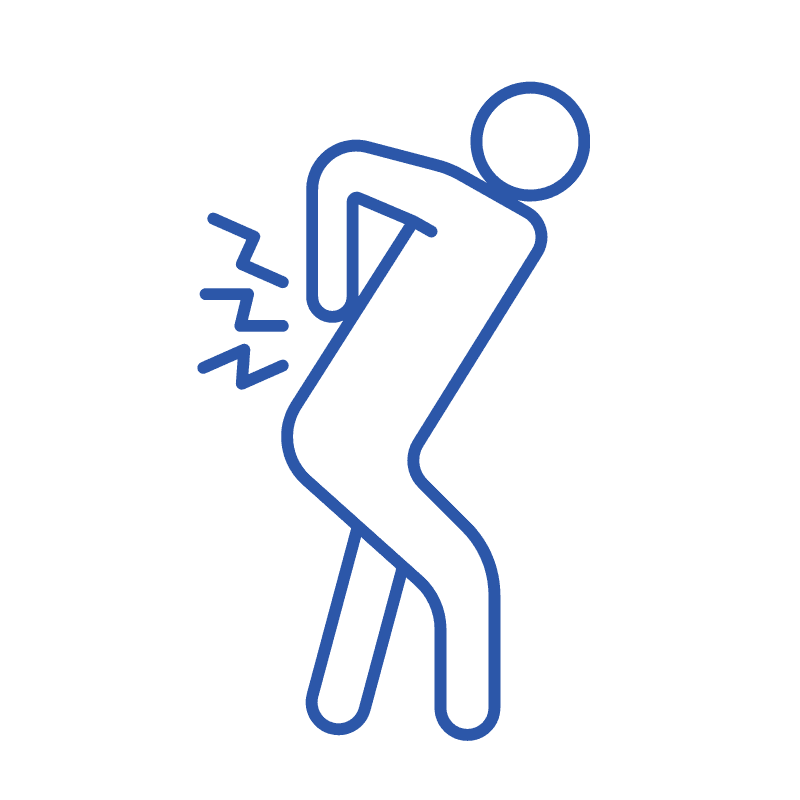
Taking breaks while practicing and regularly exercising can reduce the risk of developing serious problems due to bad posture.
6. Sleep Deprivation:
Late-night concerts, constant traveling, and playing 5 to 6 gigs a week can lead to bad sleeping routines. Not enough sleep will for sure impact your physical as well as your mental health. If you can’t get enough sleep during the night because you have a regular daytime job or your kids wake you up too early, throw in a regular daytime nap. It doesn’t have to be longer than 30-45 minutes. Even lying down a bit with no sleep will give you the needed strength to make it through the night.
7. Mental Health Challenges:
The music industry has always been a demanding one, and nowadays even more. COVID has touched all of us, and musicians were affected severely. Not playing gigs had a huge impact on every professional musician, not just financially, but mentally as well.
Even without COVID-19, being a professional musician has been affected by the new type of record industry that did not exist just a decade ago. Popular artists are touring more than ever because revenue from selling physical products like CDs and records is no longer a business. Their royalties are lower than ever. Streaming services have changed the game fundamentally.
All of mentioned above can be extremely stressful for someone who makes a living by playing gigs or recording music.
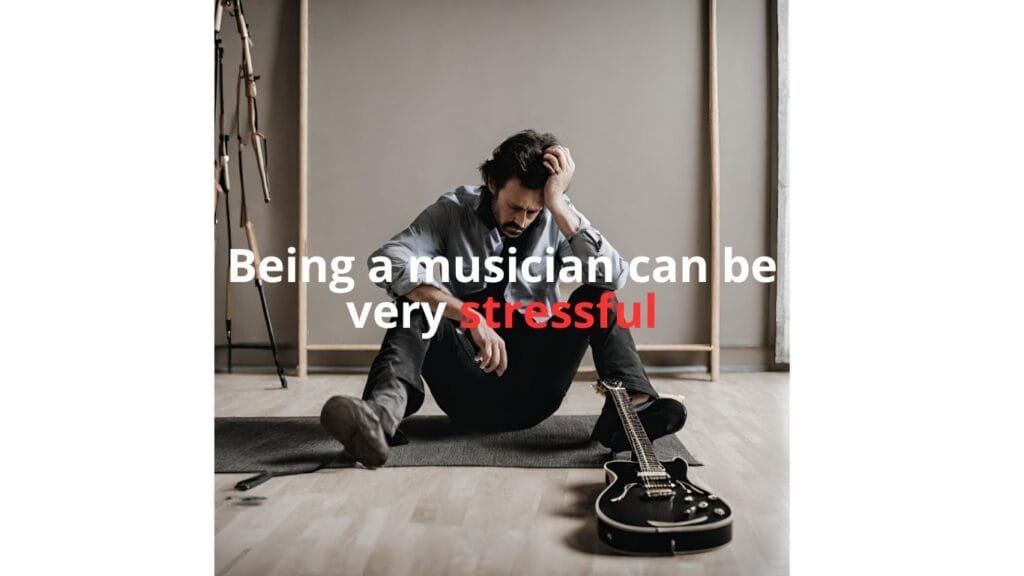
Another reason musicians can have mental health issues is performance anxiety. This is something that can be correlated with social anxiety disorder. Social anxiety disorder is a persistent fear of being watched and judged by other people.
A UK survey from 2016 shows that 70-80% of musicians suffer from some form of mental illness. It is believed that two-thirds of musicians have experienced depression at some point in their careers.
Musicians’ mental health is often unnoticed, just like in other fields. Open discussion and support are crucial. Today, the music industry is making bigger steps to provide mental health support for musicians.
What is a healthy lifestyle for a musician?
No more different than for other professions, a musician’s weekly routine should consist of at least two to three hours of any type of moderate activity, like walking or cycling. Eating a balanced diet with lots of fruits, vegetables, and proteins is a must, just like drinking plenty of water. Get enough sleep and take regular breaks while practicing.
Being a musician, playing an instrument is actually beneficial for your brain. Science is showing us that musical training can make the brain function much better and improve long-term memory.
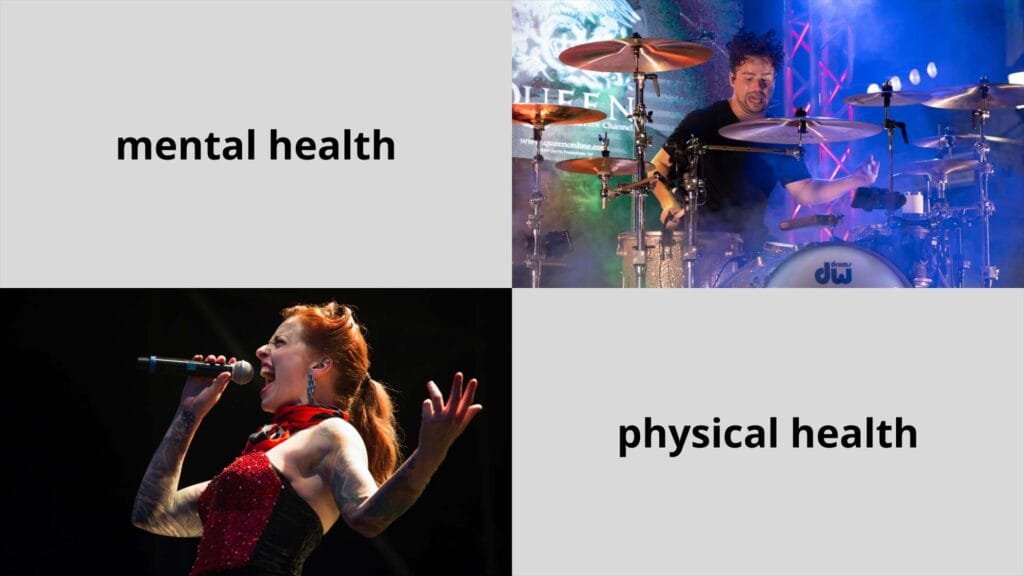
Conclusion
Being a musician is a gift that many do not appreciate enough. It is truly a blessing to be in a position to make other people happy with the music you play or sing. Everyone has a favorite song that will bring back to life some of the most emotional moments in someone’s life. Whether you’ve heard it played on the radio or in concert by the original artist or a cover band, emotions are there, and they make us who we are. We are all physical and mental creatures.
Let us all try to understand what is going on for musicians. The life of a musician can be a rewarding one, but it’s not always easy. Even musicians forget that their career is a physically demanding career, not just a creative one. By adopting healthy habits, physical and mental, musicians can lead an enjoyable and productive career.


